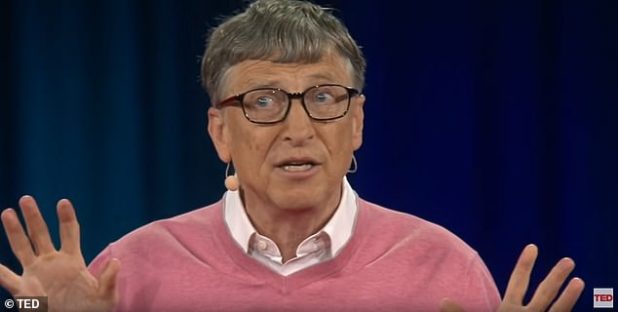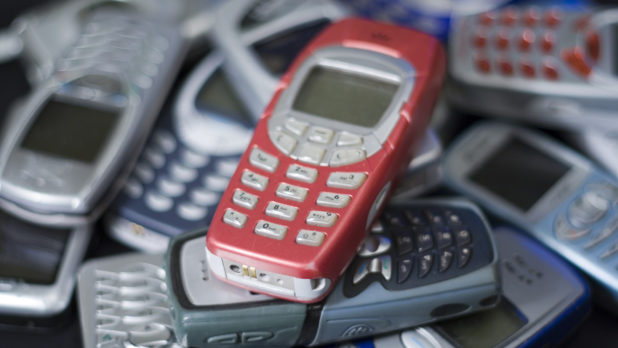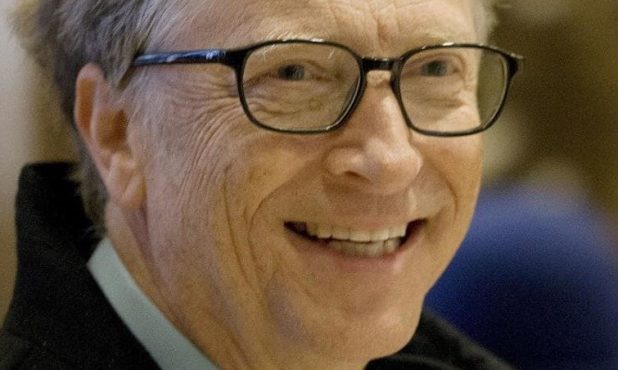Look, here’s the deal.
Tracking people is very important because otherwise, viruses could spread and we cannot allow viruses to risk people’s lives.
But the phones that a lot of poor people use don’t have the technology to allow the tracking app to work.
Since we cannot just give all of these people new phones for free and they’re too poor to buy new ones themselves, the ideal solution for everyone would be to have governments inject them with a small and cheap computer microchip that they’ll carry under the skin.
This microchip will be cheaper than a smartphone, so it’s a win-win.
Up to two billion smartphone users around the world won’t be able to use the coronavirus contact tracing app currently being developed by Apple and Google.
Hundreds of millions of older smartphones still in active use don’t have the required software and Bluetooth to run the new app, which could be released next month.
The app will warn smartphone owners that they have come into contact with someone who has since been infected with the virus, advising them to self-isolate.
This data will then be provided to governments and public health authorities globally to help stop the spread of the illness.
But devices more than five years old lack the necessary wireless chips and software to run the app, meaning key data demographics could be lost, an expert says.
‘The underlying technology limitation is around the fact that there are still some phones in use that won’t have the necessary Bluetooth or latest operating system,’ Ben Wood, analyst at CCS Insight, told the Financial Times.
‘If you are in a disadvantaged group and have an old device or a feature phone, you will miss out on the benefits that this app could potentially offer.’
The two billion active smartphones that will miss out are likely to include poorer and older people, who are also among the most vulnerable to COVID-19.
‘In all, close to two billion will not be benefiting from this initiative globally,’ said Neil Shah, analyst at Counterpoint.
‘And most of these users with the incompatible devices hail from the lower-income segment or from the senior segment which actually are more vulnerable to the virus.’
Google and Apple are opening up their mobile operating systems so both iPhone and Android devices can run the contact tracing app.
The new app, which will be available for smartphones running Google’s Android and Apple’s iOS, was announced earlier this month.
‘Software developers are contributing by crafting technical tools to help combat the virus and save lives,’ Google said in a blog post.
‘In this spirit of collaboration, Google and Apple are announcing a joint effort to enable the use of Bluetooth technology to help governments and health agencies reduce the spread of the virus, with user privacy and security central to the design.’
Yeah, it’s because of a spirit of collaboration, not because of some other incentive.
It’s just a coincidence that by being kind and collaborating, these tech giants will increase their knowledge about people and their power over the population.
When two people come into contact, each person’s phone will exchange Bluetooth signals via specific chips that are used to detect proximity between devices.
If a person using the app then tests positive for COVID-19, they can then upload their movements to a public database.
Other users will then be able to anonymously check their own logs against others to see if they’ve potentially been exposed to a carrier of the virus.
If there’s a match, the person will receive a message indicating when and where they might have been exposed, along with guidance as to whether they should just watch for symptoms, seek testing or self-quarantine.
But the chips that begin the process are absent from a quarter of smartphones in active use globally today, according to Counterpoint Research, while 1.5 billion people in total use feature phones that don’t run Android or iOS at all.
There is then the issue of people who don’t use a mobile phone or even take one with them during their daily exercise allowance.
Notice how they’re mentioning the lockdown’s “daily exercise allowance” as if that would become a permanent part of everyday life.
People allowed governments to take away their freedom hoping that it would keep them safe from viruses, but viruses are never going to go away and governments are highly unlikely to willingly give back people’s freedom.
 Daily Stormer The Most Censored Publication in History
Daily Stormer The Most Censored Publication in History






